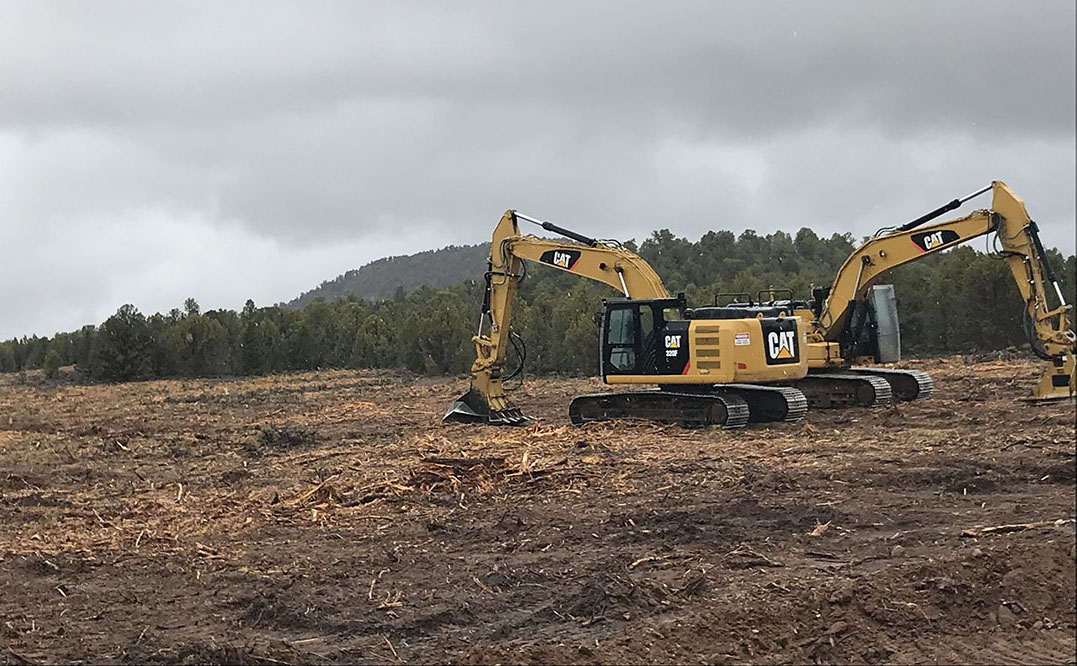Late last month, the inaccurately-named “Fix Our Forests Act” (S.1462) was introduced in the Senate. Like its Republican-led counterpart in the House late last year, this federal legislation claims to tackle worthwhile reforms in forest and public land management in the name of ecosystem health and fire prevention. Unfortunately, by undermining core environmental protections, decreasing transparency, and minimizing community and Tribal input, this sweeping legislation will harm public lands, forests, and wildlife, actually making climate-driven fire even worse.
Do you live in one of the following 20 states?
| Alabama Arkansas California Colorado Georgia Illinois Iowa Kansas Kentucky Michigan | Minnesota Mississippi Nebraska New Jersey New Mexico North Dakota Pennsylvania South Dakota Vermont West Virginia |
At least one of your senators sits on the Senate Agriculture Committee and could be a decisive voice in either significantly amending the Fix Our Forests Act (FOFA) to refocus the bill on real, effective fire science and prevention or in stopping the bill altogether.

Rather than investing in proven wildfire prevention strategies that will truly protect communities and natural resources, FOFA will support and give real legislative teeth to recent attacks by the Trump administration on national forests and public lands—including old-growth native piñon pine and juniper woodlands at the heart of America’s Red Rock Wilderness Act.
If passed, this legislation would pave the way for a huge increase in “categorical exclusions,” making more projects no longer subject to environmental analysis and public review—projects including the destructive removal of native piñon pine and juniper forests via “chaining” on up to 7,500 acres at a time. FOFA would also remove requirements to consider endangered species in logging and devegetation projects, limit the rights of citizens to judicial review of these same agency decisions, and limit engagement opportunities for Native American tribes.
Although the Senate version of FOFA is an improvement from the disastrous House version of the bill, the end result is unfortunately still not enough to overcome the damage that this bill will cause. It remains a direct threat to the magnificent, culturally-significant, and ecologically-important woodlands and forests that thrive on the Colorado Plateau.

